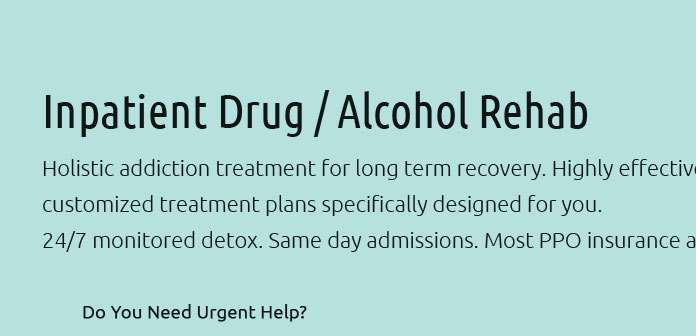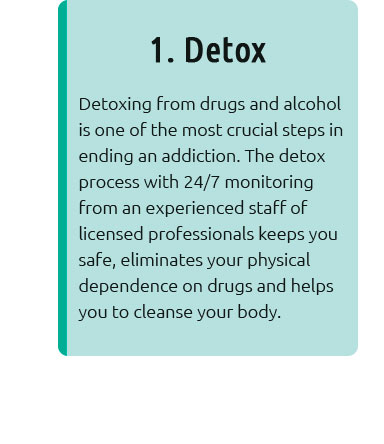 |
 |
 |
 |
 |
 |
||
 |
 |
 |
 |
 |
 |
 |
||
 |
||
 |
||
 |
 |
 |
|
 |
|
Understanding Rehabilitation Centers for Drug Addiction: What to ExpectRehabilitation centers for drug addiction, often seen as beacons of hope, offer a structured environment where individuals struggling with substance abuse can embark on the transformative journey towards sobriety and recovery. These centers, characterized by their multifaceted approach, provide a sanctuary for those seeking to break free from the shackles of addiction. As one delves into the intricacies of these facilities, it becomes apparent that they are not mere institutions but rather holistic ecosystems designed to nurture and heal. The first step upon entering a rehabilitation center is often an in-depth assessment, a crucial phase where medical professionals evaluate the individual's physical and psychological state. This evaluation, conducted with meticulous care, sets the foundation for a personalized treatment plan, recognizing that addiction is not a one-size-fits-all condition. Each person's journey is unique, shaped by a myriad of factors, and the treatment must reflect this individuality. Within the walls of a rehab center, patients can expect a blend of therapies, each tailored to address different facets of addiction. Cognitive Behavioral Therapy (CBT) is a staple, helping individuals identify and modify negative thought patterns that contribute to their addiction. Alongside CBT, many centers offer group therapy sessions, fostering a sense of community and shared experience that can be incredibly therapeutic. It is in these group settings where individuals often find solace, realizing they are not alone in their struggles. Another critical component of rehabilitation centers is the emphasis on education. Patients are educated about the nature of addiction, understanding its impact on the brain and body. This knowledge serves as a powerful tool in combating relapse, empowering individuals to recognize and avoid triggers. Furthermore, life skills workshops are common, equipping patients with essential skills such as stress management, financial planning, and job readiness, all of which are vital for a successful reintegration into society.
Despite the myriad of services offered, the success of rehabilitation largely hinges on the individual's commitment to change. Rehabilitation is not a magic cure, but rather a stepping stone towards a healthier, more fulfilling life. As such, post-rehab support is crucial, with many centers providing aftercare programs and support groups to help individuals maintain their sobriety in the face of life's inevitable challenges. In conclusion, while the journey through a rehabilitation center can be daunting, it is also a profoundly rewarding experience. These centers are not just about breaking free from addiction but are about rediscovering oneself, building resilience, and ultimately paving the way for a brighter future. For those contemplating this path, understanding what to expect can be the first step towards a life transformed.
https://www.inpatientdrugrehabcenters.com/north-carolina/charlotte-north-carolina/
Call 800-430-1407 to speak with a drug abuse counselor. Who Answers? Home Free Inpatient Rehab Centers North Carolina Charlotte ... https://recovery.org/drug-alcohol-rehab/charlotte-nc/
Charlotte alcohol and drug inpatient rehabs near me. Find out more about outpatient, detox centers, addiction treatment programs and insurance coverage in ... https://www.harmonyrecoverygroup.com/locations/north-carolina/charlotte/
Harmony Recovery Center accepts insurance for outpatient care for substance abuse treatment, mental health services, and dual diagnosis programs. Devoted to ...
|